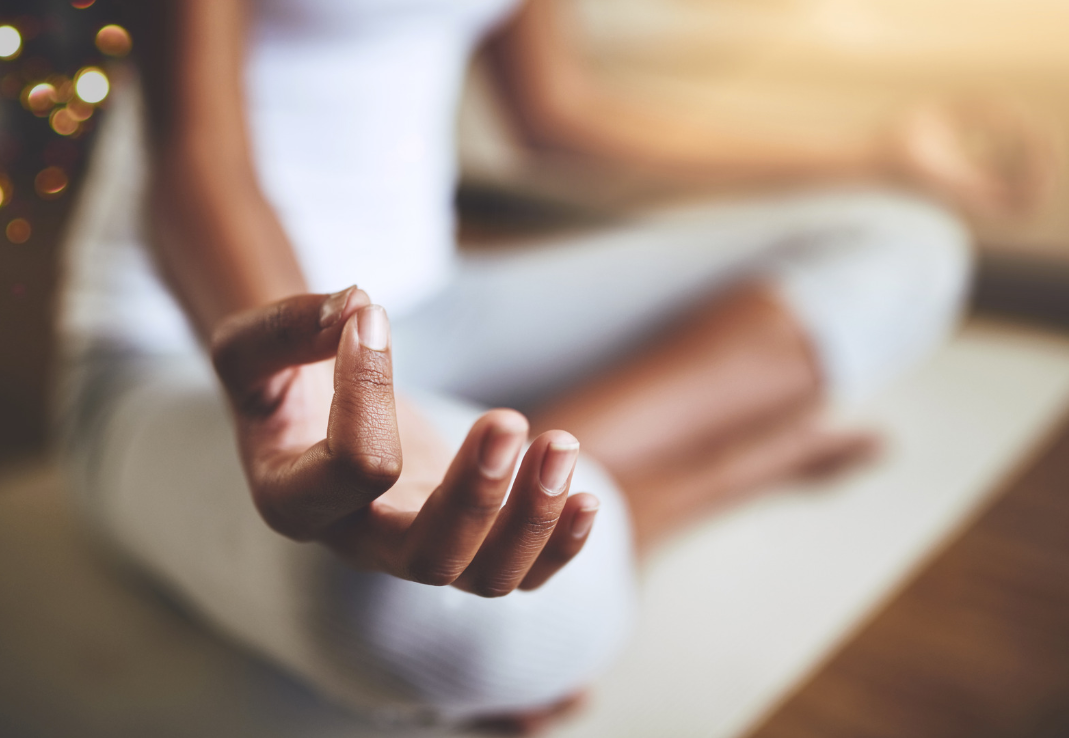Meditation is one way that you can change your mind and that you can become fit at the same time. There are different techniques and you can learn one that works best for you.
Buddhist tradition looks at meditation as a sport and it is also considered to be a family activity that can be done at home. There are different kinds of skills that can be used when you meditate.
It can be hard for a beginner to meditate for long periods of time and to think of nothing. There are some different tools that can be used such as training DVD’s or online videos that can help a beginner to be able to mediate easier. The best way to start meditating is to focus on your breathing and then to change your concentration to nothing later.
Concentration Meditation Techniques
When you use concentration meditation this means you are focusing on one thing. This can be your breathing or it can be saying mantras or single words. You can even concentrate on a candle flame or counting mala beads. Focusing on the mind can be hard so it will be harder for a beginner to meditate without using these tools for long periods of time.
This kind of meditation can help you to focus your awareness on a single thing and once you see your mind wandering, you can find something else to focus on.
Mindfulness Meditation Techniques
Mindfulness meditation means that you are not letting your thoughts drift while you are meditating. You need to make sure that you aren’t allowing thoughts to come and if they do you aren’t to judge them. You need to be more aware of what you are thinking of.
As you meditate with mindfulness meditation, you will see that there are patterns that you can do. You can be more aware of your experiences rather good or bad and once you learn to be balanced, you will be able to be still longer.
Other Meditation
There are many other kinds of meditation that you can try. You can do a daily meditation where you focus on being kind and you can get rid of negativity out of your mind. This can make things more positive for you and help you to be more compassionate.
Why Does Meditation Help?
Meditation is a way that you can learn to relax. This can help you to get rid of stress and to not react to hard things.
Relaxation can have benefits for the nervous system and here are some other benefits of relaxing and meditation:
- Having lower blood pressure.
- Better circulation.
- Lower heart rate.
- Lower respiratory rate.
- Less perspiration.
- Less stress.
- Lower cortisol.
- Better overall well-being.
- Relaxation.
Doing meditation on a consistent basis can help you to have better immunity and better brain functions. You can meditate and reach the benefits of having a healthier mind, body and soul.
In Buddhist religions, the best benefit of meditation is to not be attached to things and to let your mind release control of things that are going on around you. This can help you to be enlightened and help you to no longer cling to desires that you have.
Ways to Meditate
Here are some of the best ways that you can meditate:
- Sit in a comfortable place.
- You can use a chair or a cushion for comfort.
- Close your eyes and concentrate on your breathing.
- Don’t try to control your breathing but be normal.
- Focus on how your body moves as you breathe and how your stomach goes in and out.
- Don’t try and control the pace of your breathing.
Keep meditating for a few minutes. You can start with just 2 minutes each day and then you can build up. There are different things that you can use that can help you to meditate and to learn to relax more.


The idea that meditation can be seen as a family activity in Buddhist tradition is interesting. It offers a different perspective on how meditation can be integrated into daily life.
The explanation on the physiological benefits of meditation, including lower cortisol levels and better overall well-being, reinforces the importance of incorporating meditation into one’s routine.
I think the suggestion to start with just 2 minutes a day is practical advice. It makes the practice seem more accessible and less intimidating for newcomers.
The article provides a comprehensive overview of various meditation techniques, which is quite helpful for beginners. I appreciate the differentiation between concentration and mindfulness meditation.
Yes, the detailed steps for beginners are particularly useful for those who have never meditated before.
I agree, Kirby. The distinction between the types of meditation can help people choose the method that suits them best.
The discussion about the benefits of meditation, such as lower blood pressure and better circulation, adds a compelling layer to why one should consider practicing it regularly.